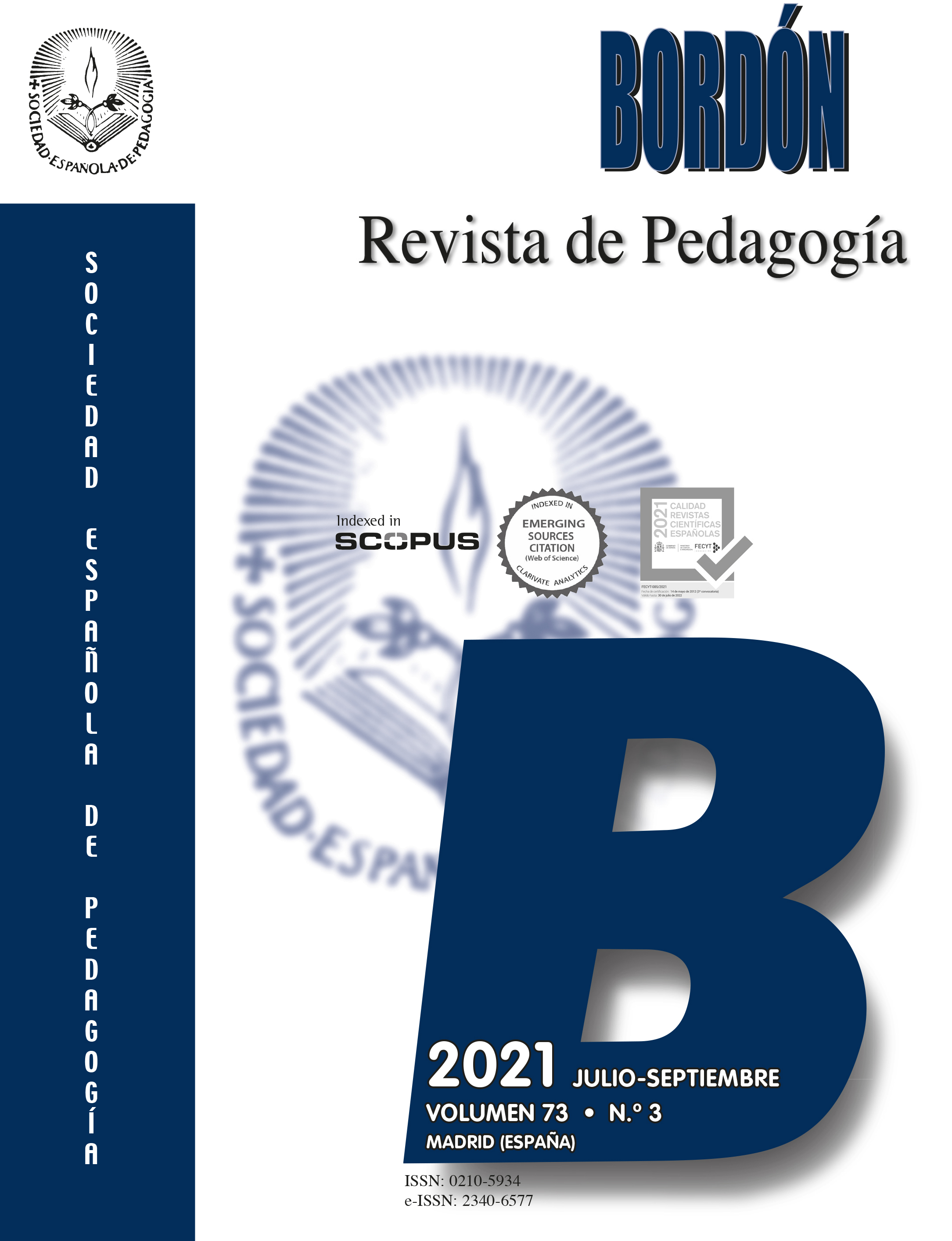Early developmental experiences and their relationship to learning processes in adolescence
Main Article Content
Abstract
INTRODUCTION. In this study, we review a number of contributions on early developmental experiences and, in an exploratory manner, relate data from those experiences to learning patterns observed in adolescence. The aim was to explore the relationships between some variables related to pregnancy, childbirth, and parenting; with the learning patterns, effort and academic performance at the beginning of High School. METHOD. The participants are 42 students from 1st year of High School, and their mothers. There are a total of 19 girls (45.2%) and 23 boys (54.8%) all with an average age of 12 (SD= 0.50). The pupils answered the Inventory of Learning Patterns, and the mothers/families completed a retrospective sheet about the variables associated to pregnancy, childbirth and parenting. RESULTS. The results show significant relationships between experiences considered problems during pregnancy and parenting; and these explain an important proportion of the variance of the Undirected pattern (the most inadequate) at the beginning of Secondary Education. Consequently, the most adaptive patterns (Meaning directed and Application directed) correlate significantly more positively with effort and academic performance. CONCLUSIONS. The findings indicate that it seems very relevant that from the beginning of Primary Education the most exhaustive individual information about the experience of pregnancy, childbirth and parenting that seem to influence development should be obtained. Likewise, information related to the family structure and environment should be gathered to enable resilience actions to be proposed from the earliest age.

